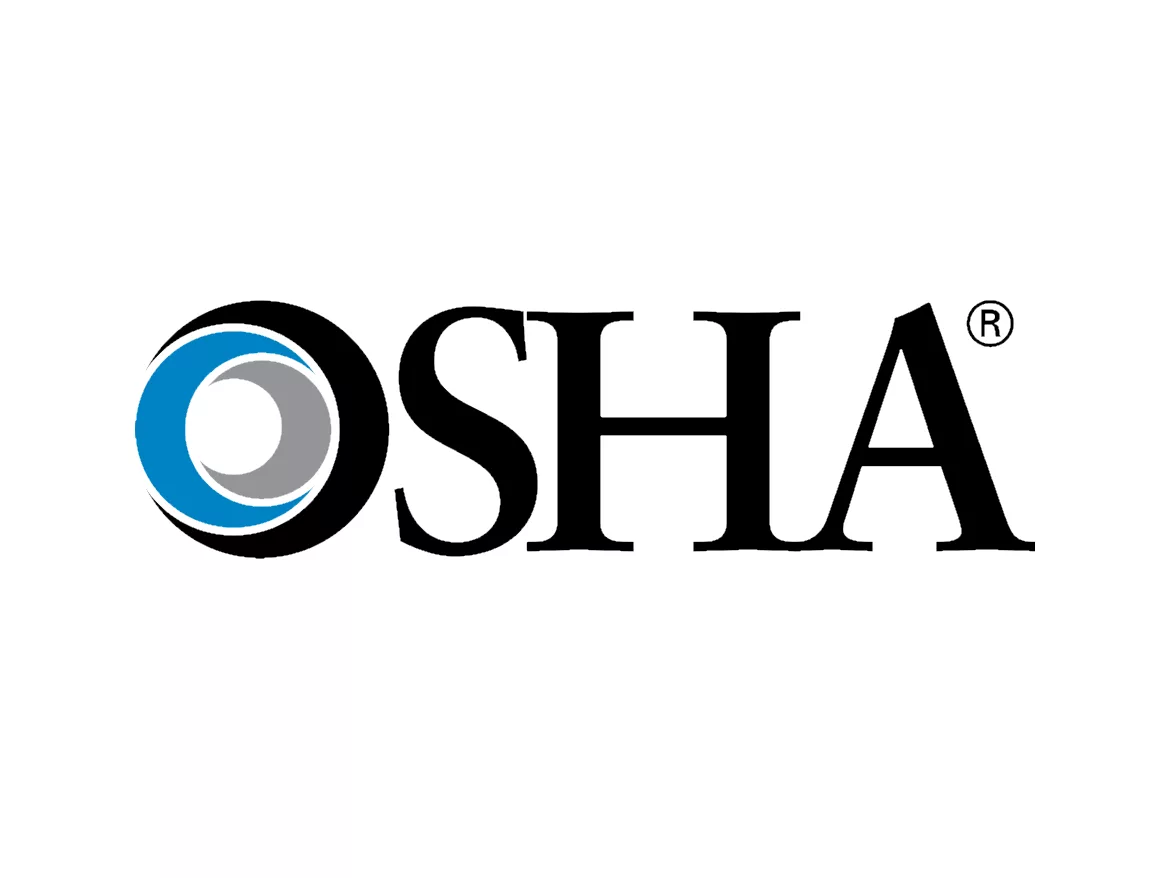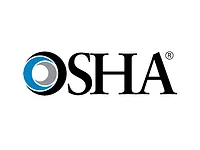Jury Awards $650K for Massachusetts Contractor’s Unlawful Retaliation Against Injured Immigrant Worker

BOSTON — A federal jury in the District of Massachusetts found a Massachusetts employer and his company retaliated against an employee who reported an on-the-job injury. As a result, the jury awarded $650,000 in damages – $600,000 in punitive damages and $50,000 in compensatory damages.
The verdict stems from the U.S. Department of Labor lawsuit filed against Tara Construction Inc. and its CEO, Pedro Pirez, in February 2019 following a whistleblower investigation by the department’s Occupational Safety and Health Administration (OSHA). The lawsuit alleged the defendants initiated a law enforcement investigation and facilitated the employee’s detention by U.S. Immigration and Customs Enforcement after the employee reported a serious injury and caused OSHA to open a rapid response investigation.
“The Department of Labor will not tolerate retaliation against employees who complain of workplace abuses, including when an employer seeks to use an employee’s perceived immigration status as a way to intimidate workers," said Solicitor of Labor Seema Nanda. "Successful enforcement of worker protection laws depends on workers being empowered and feeling safe enough to speak out for themselves and their fellow workers. If workers are brave enough to come forward, we will use all legal tools we have to protect them."
According to a release from OSHA, the jury assessed $200,000 in punitive damages against defendant Tara Construction and $400,000 in punitive damages against Pirez.
“The Occupational Safety and Health Act prohibits employers from retaliating against employees who exercise their rights under the Act, regardless of the employees’ immigration status," said OSHA Regional Administrator Galen Blanton in Boston. "This includes reporting injuries and causing an investigation or any proceeding under or related to the Act. This verdict sends a strong message to employers that there will be severe consequences when they violate the law and employee rights.”
OSHA enforces the whistleblower provisions of 25 statutes protecting employees who report violations of various airline, commercial motor carrier, consumer product, environmental, financial reform, food safety, motor vehicle safety, healthcare reform, nuclear, pipeline, public transportation agency, railroad, maritime, and securities laws. For more information on whistleblower protections, visit OSHA’s Whistleblower Protection Programs webpage.
Looking for a reprint of this article?
From high-res PDFs to custom plaques, order your copy today!





